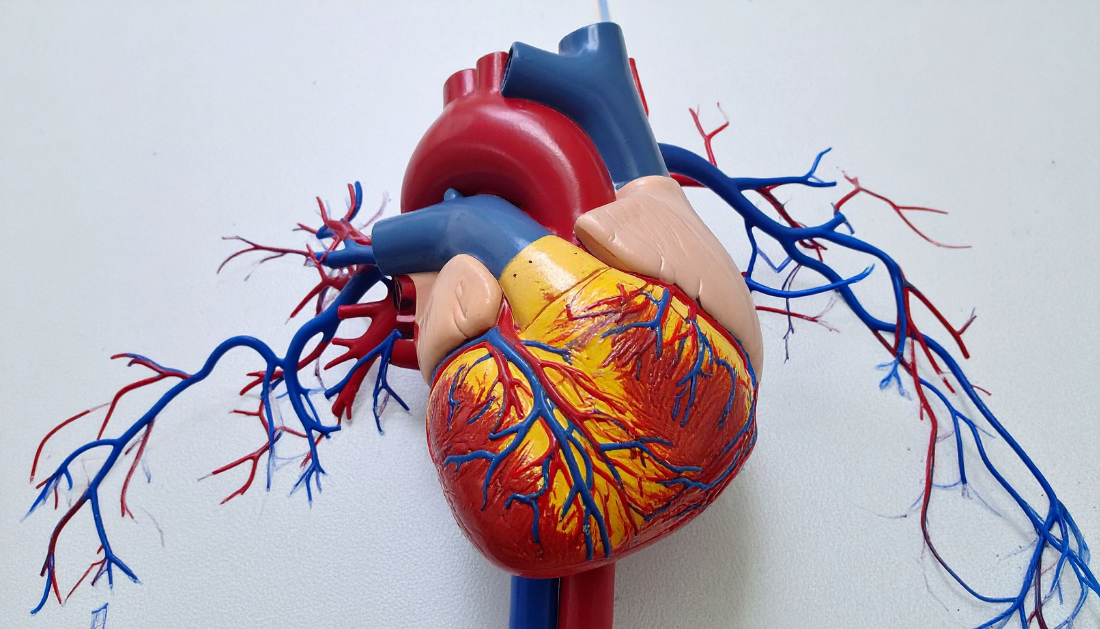

Novel AI ECG Model Outperforms Standard Triage for Acute Coronary Occlusion
AI-Powered ECG Analysis Enhances Early STEMI Detection
A groundbreaking study published in JACC: Cardiovascular Interventions and presented at TCT 2025 in San Francisco has found that an AI-based ECG model dramatically improves the detection of acute coronary occlusions (STEMI) compared to standard triage methods. The system not only recognized unconventional ECG patterns and atypical symptoms but also reduced false positives fivefold, offering a major step forward in emergency cardiac care.
Explore All Cardiology CME/CE Conferences and Online Courses
Reducing Diagnostic Delays in High-Stakes Cardiac Emergencies
ST-segment elevation myocardial infarction (STEMI) is a critical cardiac event caused by blockage in a major coronary artery. While timely reperfusion through percutaneous coronary intervention (PCI) remains the gold standard, delays in achieving the 90-minute window still lead to increased mortality, particularly in rural or non-PCI centers.
In a large-scale retrospective study involving 1,032 patients from three primary PCI centers, researchers evaluated the “Queen of Hearts” AI ECG model, trained to identify acute coronary occlusion and differentiate between true STEMI and benign mimics. The results were striking: the AI model correctly detected 553 out of 601 confirmed STEMIs, compared to 427 identified by standard triage, while reducing false positives from 41.8% to just 7.9%.
Clinical Impact: Smarter Triage and Better Outcomes with AI ECG Model
Lead investigator Dr. Robert Herman from AZORG Hospital, Belgium, highlighted that AI-driven ECG interpretation allows clinicians to “identify true heart attacks early while reducing unnecessary activations.” This improvement not only streamlines emergency workflows but also reduces fatigue among clinical teams and ensures faster access to life-saving care.
Senior author Dr. Timothy D. Henry from The Christ Hospital, Cincinnati, emphasized that integrating this AI tool could shorten time-to-treatment and optimize STEMI transfers from non-PCI centers.
In an accompanying editorial, Dr. Mohamad Alkhouli of the Mayo Clinic praised the model’s potential but urged cautious integration, noting that its clinical readiness, regulatory adaptation, and interpretability will determine its real-world success.
As healthcare systems seek solutions to reduce diagnostic errors and accelerate cardiac response times, the Queen of Hearts AI ECG model may soon become a vital decision-support tool in emergency cardiology.
Source:
more recommended stories
 CTNNB1 Syndrome Study Explores Beta-Catenin Defects
CTNNB1 Syndrome Study Explores Beta-Catenin DefectsKey Takeaways Researchers in Spain are.
 Tuberculosis Breakthrough with Experimental Antibiotics
Tuberculosis Breakthrough with Experimental AntibioticsKey Takeaways Experimental antibiotics disrupt a.
 National Healthy Longevity Trial Receives Federal Support
National Healthy Longevity Trial Receives Federal SupportKey Summary Up to $38 million.
 Red Blood Cells Improve Glucose Tolerance Under Hypoxia
Red Blood Cells Improve Glucose Tolerance Under HypoxiaKey Takeaways for Clinicians Chronic hypoxia.
 Nanoplastics in Brain Tissue and Neurological Risk
Nanoplastics in Brain Tissue and Neurological RiskKey Takeaways for HCPs Nanoplastics are.
 AI Predicts Chronic GVHD Risk After Stem Cell Transplant
AI Predicts Chronic GVHD Risk After Stem Cell TransplantKey Takeaways A new AI-driven tool,.
 Red Meat Consumption Linked to Higher Diabetes Odds
Red Meat Consumption Linked to Higher Diabetes OddsKey Takeaways Higher intake of total,.
 Pediatric Crohn’s Disease Microbial Signature Identified
Pediatric Crohn’s Disease Microbial Signature IdentifiedKey Points at a Glance NYU.
 Nanovaccine Design Boosts Immune Attack on HPV Tumors
Nanovaccine Design Boosts Immune Attack on HPV TumorsKey Highlights Reconfiguring peptide orientation significantly.
 Rising Measles Cases Prompt Vaccination Push in NC
Rising Measles Cases Prompt Vaccination Push in NCKey Highlights 15 confirmed Measles cases.

Leave a Comment